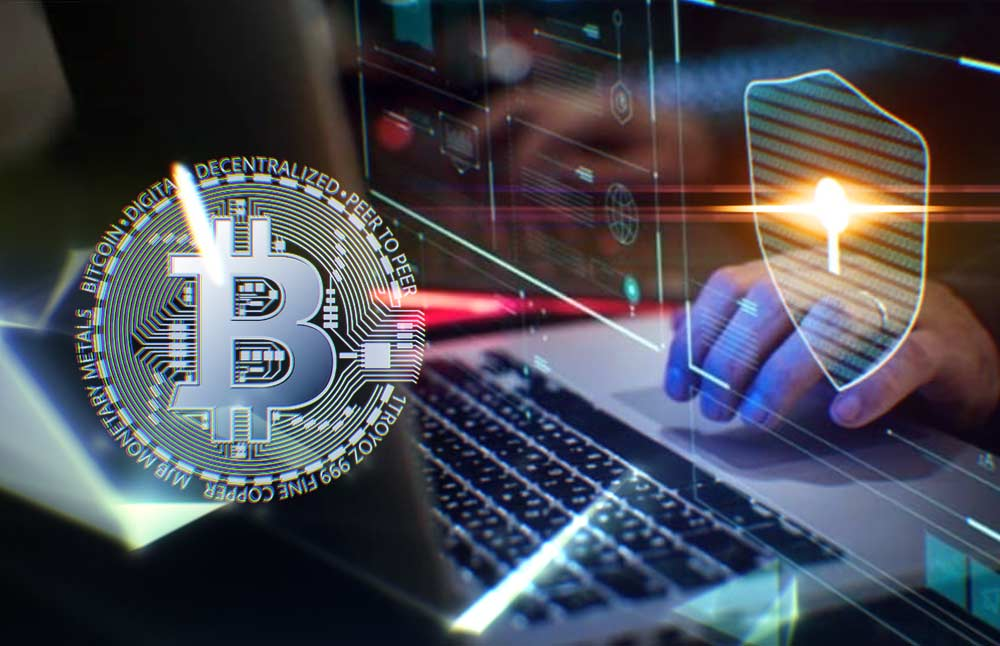Cryptocurrency scams tend to become prevalent when the price of Bitcoin rises significantly. With so many unsuspecting new people joining the field, they often come across these scam companies. It’s up to you to protect yourself and decide if it’s a scam. Victims of these scams have little recourse as Bitcoin transactions are irreversible. Passive Bitcoin income (or investment) fraud is rampant in the Bitcoin mining space. These scams usually require you to invest money upfront to buy a Bitcoin “mining contract”. In return, you receive a guaranteed stream of income SLUSH POOL IMPERSONATOR Slush Pool is the oldest and most respected Bitcoin mining pool. Unfortunately, many scammers use our name to justify the investment scams they carry out. Slush Pool never asks you to pay. There are no official slush pool advisors offering specific “investment opportunities” on the internet. Unfortunately, some scammers have used his Slush Pool name to steal bitcoins from unsuspecting individuals, here we uncover some scams and explain how to spot them To do. GUARANTEED RETURN Bitcoin mining is a complicated process. Predetermining the exact return on an investment is almost impossible. Various variables play a role, such as: B. Mining Difficulty and Current Bitcoin Price. Many of them are completely out of your control and all affect your bottom line. So anyone who promises a guaranteed return upfront is a big red flag. Mining scam recovery is possible by cross checking the report, asset and account details. If you buy a cryptocurrency mining contract and have your mining hosted by another company, a more justifiable investment in return for your investment. Indicates the amount of hash power received. When purchasing bitcoin mining equipment for your own operations, we recommend that you purchase directly from the manufacturer or from a reputable and trusted reseller. SCAM SO PREVALENT IN BITCOIN As a top performing financial asset, people are excited about the possibility of making money with Bitcoin. This excitement can mask seemingly obvious warning signs. Bitcoin works differently than traditional financial systems. That is, it contains unfamiliar vocabulary. Scammers can take advantage of people’s lack of knowledge about how Bitcoin works. The irreversible nature of Bitcoin transactions means that once a Bitcoin is sent there is no way to undo it. You may receive emails from wallets or exchanges you are already using, either by accident or through previous database hacks. Hackers may have obtained your email address on the black market. For example, from the Yahoo! hack. or other services. Top of Form REVIEW Positive reviews are not enough. Many scammers know that people look at reviews before making an investment decision. These reviews are often fake and speak very positively about the company. This is especially true of the reviews and testimonials that are on the website itself. Don’t just rely on what others say about the company. You need to do your own research and evaluate the company yourself. The victim will register the complaint to reclaim my losses. TRUSTWORTHY COMMUNICATING CHANNEL The channels you visit to learn about the company help determine the company’s legitimacy. Was it a direct message on Twitter or Instagram? Got spam? Legitimate businesses in the space never move forward through informal communication channels. In the Bitcoin industry, there is a saying, “Don’t trust, verify”. By doing your own research and keeping the aforementioned red flags in mind, you can avoid falling victim to these investment scams. FAKE BITCOIN WALLET Fake Bitcoin wallets are a little more difficult to find as wallets are primarily for storing bitcoins and not for buying and selling. It has less to do with money and more to do with the software you use. Fake Bitcoin wallets are usually just scams to infect your computer with malware to steal your passwords and private keys. To ensure security, Bitcoin.com recommends official Bitcoin wallets for desktop and mobile users. To see all wallets offered on Bitcoin.com, visit our wallets page. CONCLUSION If someone claiming to be from Slush Pool asks you to send BTC for a “bitcoin mining contract”, do not send any coins. If possible, report impersonators as spammers or scammers. Understanding how the scam works can help you avoid becoming a victim of this common cryptocurrency mining scam. […]
Continue Reading


